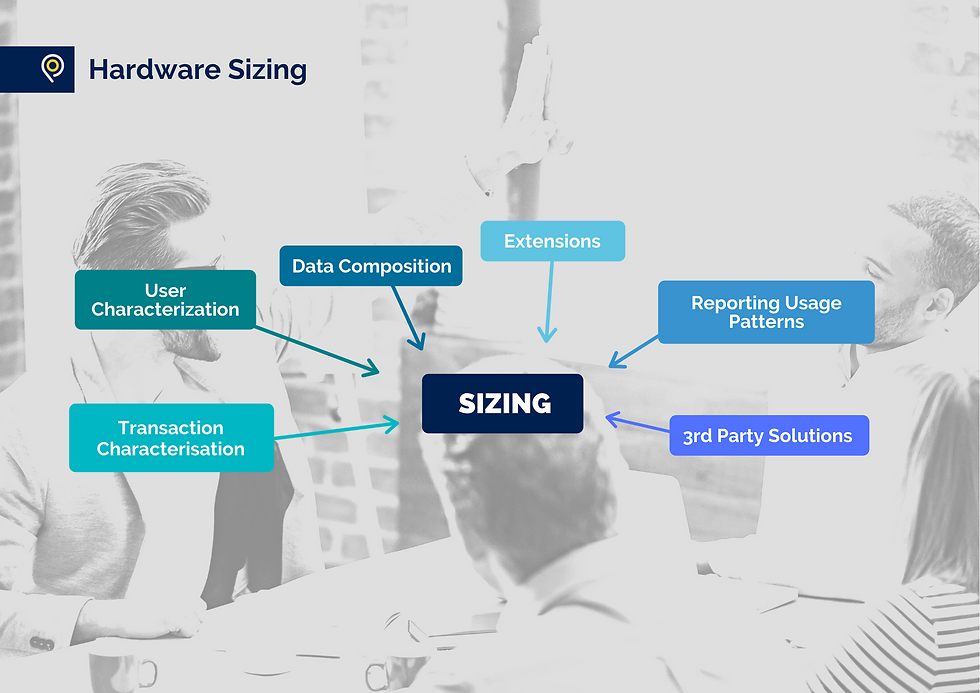Does your company need an ERP system?
- Stephen Abela
- Nov 5, 2019
- 2 min read
Updated: Feb 25, 2020
In the past, enterprise resource planning (ERP) solutions were the preserve of large organisations. This has unfortunately resulted in many businesses resorting to a variety of different software for different needs. Finance, Sales, Retail and Marketing all had separate software solutions which would often lead to duplication of work as well as inconsistencies in company records. Dynamics 365 is an ERP system that integrates all these functions into one. Not only is this often more cost-efficient (compared to running separate software for accounts, marketing, sales etc.) but the ability to access information from one location can significantly reduce time spent exporting and correlating data from separate platforms.
Another reason many small businesses have typically not opted for having an ERP software is the added costs of having additional hardware /off-site server costs. Naturally hardware sizing depends entirely on the requirements of the company.

The second option, and the most popular choice in numerous countries is deploying in the cloud. Cloud based instances of Dynamics 365 Business Central are hosted on Azure or other cloud providers, which allows programs and services to be built, tested, deployed and managed from data centres located around the globe. The immediate benefits of cloud deployment is the savings on additional in-house servers and hardware, as well as the reduction of risk in terms of data loss or corruption.
When considering an ERP system such as Dynamics 365 Business Central, it is important to consider a number of items, we've listed a few below.
Working out upfront, as well as recurring costs. The number of users using the system will affect the recurring costs and needs to be considered early on.
Understanding what you are receiving is very important, do not hesitate to ask what kind of support will be available and the costs (if any associated with this).
Understand the software, is it an off the shelf software or a highly customisable software? Are there similar businesses to yours who use this software?
Ask about data migration from your existing software. Certain software has packages that can easily take in data from a variety of sources.
Consider the growth rate of your company. Are you considering an ERP due to your business outgrowing your previous software/ERP? If so, ensure that the solution you consider is capable of scaling to adjust to your business.
User adoption can often prove to be a significant barrier so it’s essential to know that everyone will have access to thorough training and phone help when its needed.
Studying a vendor’s website to gain insight into the types of companies they work with and the type of projects they've delivered. You can also check for testimonials and case studies, which will give you a good idea of how they work and what their specialist areas are.
Considering a new ERP solution involves a significant financial and time commitment. Dynamics 365 Business Central, works with a vast variety of business and industries, customers range from large multinational companies to small local companies. Contact us with any queries you may have or to book a demo.
Kommentare